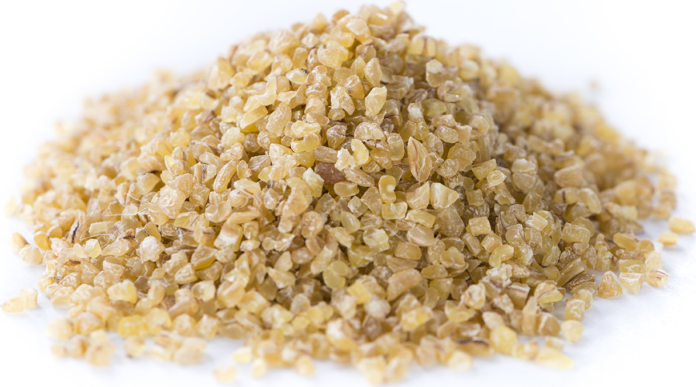Glycemic Index of Bulgur Wheat
Bulgur wheat has a glycemic index (GI) of around 48, which is considered low. This means it has a slower effect on blood sugar levels compared to high-GI foods.
Glycemic Load of Bulgur Wheat
The glycemic load (GL) of bulgur wheat is also low, typically around 13 per serving (1 cup cooked). Glycemic load takes into account both the GI and the carbohydrate content, making it a good choice for managing blood sugar levels.
Nutritional Value of Bulgur Wheat (Per 100 Grams, Cooked)
| Nutrient | Amount |
|---|---|
| Calories | 83 kcal |
| Protein | 3.1 g |
| Total Fat | 0.2 g |
| Carbohydrates | 18.6 g |
| Fiber | 4.5 g |
| Sugars | 0.1 g |
| Iron | 1.6 mg |
| Magnesium | 32 mg |
Summary
Bulgur wheat, with its low glycemic index and glycemic load, is a great choice for those seeking to maintain steady blood sugar levels. It is a nutritious, fiber-rich whole grain that supports overall health.






